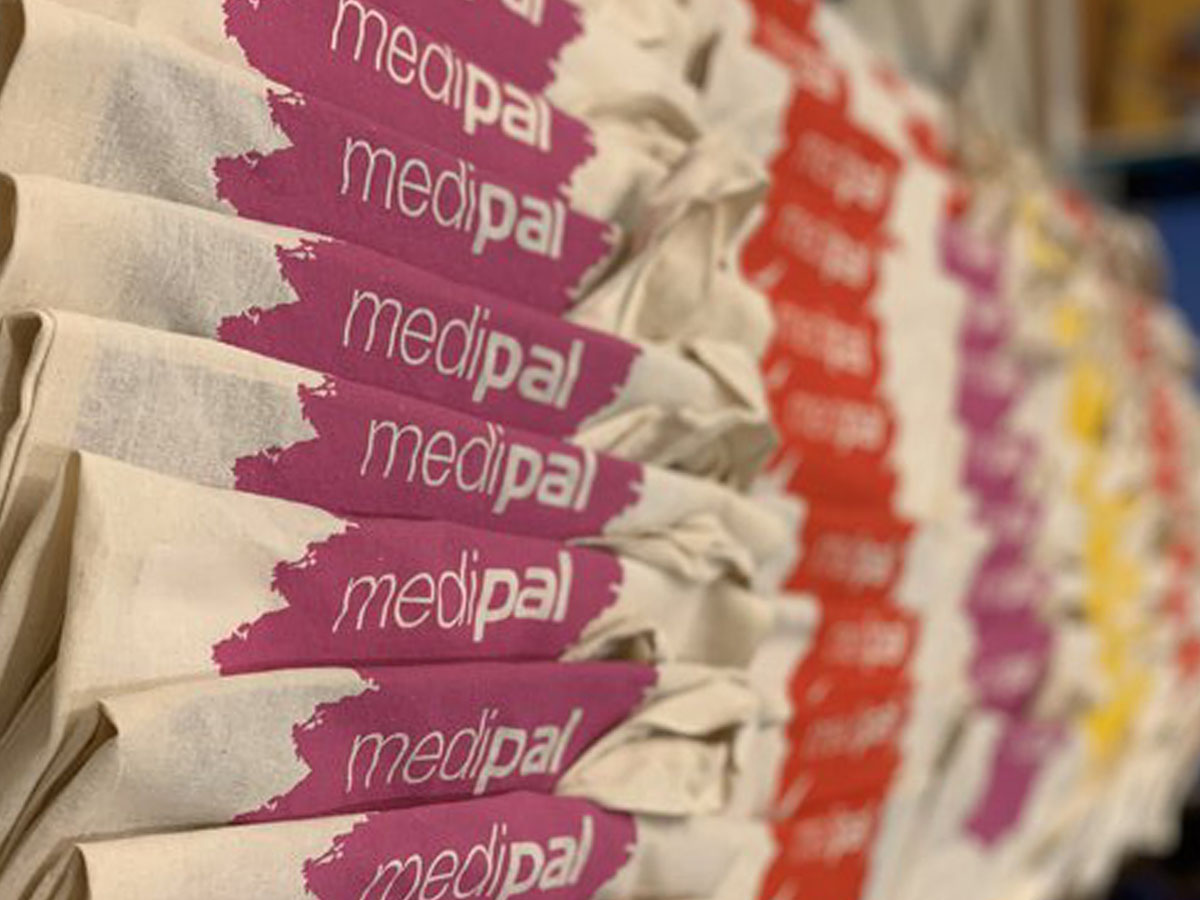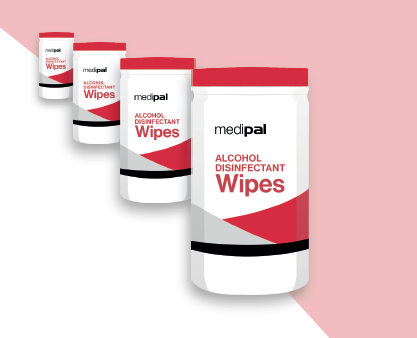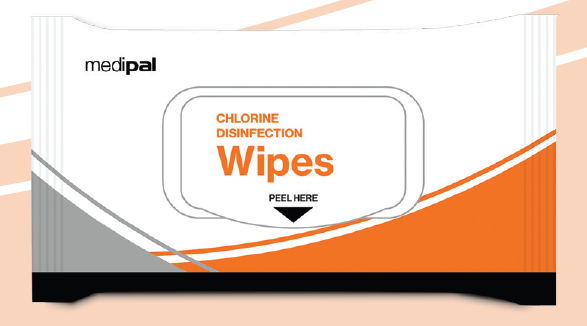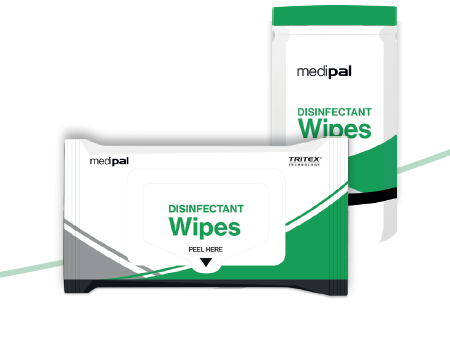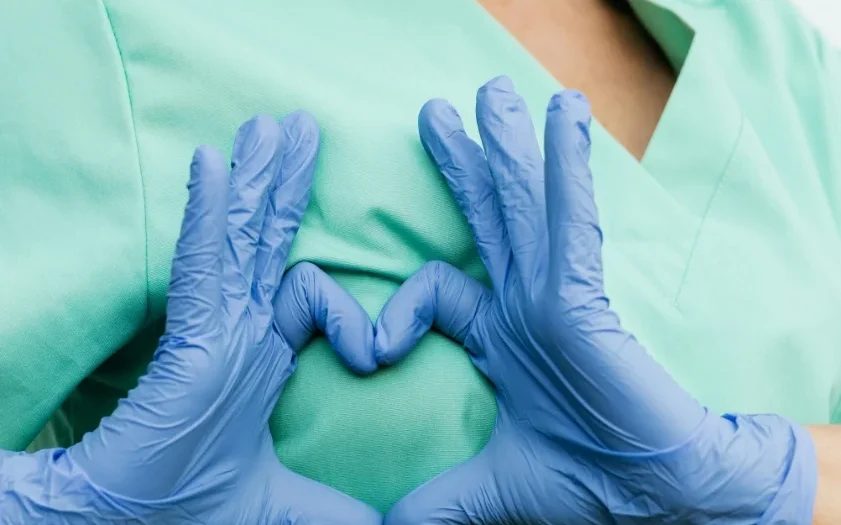Earlier this month we joined over 500 senior healthcare professionals at the annual Infection Prevention and Control Conference.
Organised by the NHS in collaboration with Knowlex, the event was an opportunity to delve deeper into emerging infection issues and current hot topics; share and discover the latest scientific and technological advances within the sector ; and spend time amongst peers and colleagues from across the UK healthcare profession.
With the recent covid-19 outbreak still dominating headlines, it’s no surprise that this topped the agenda, however, little is still being reported on within the national press about antimicrobial resistance (AMR), despite this posing a much greater threat in the long term.
The UK Government has a five-year action plan and 20-year vision, in which they, along with all of us in the wider healthcare arena, aim to tackle AMR. Key targets of the plan include reducing drug-resistant infections by 10% by 2025, reducing gram-negative bloodstream infections, and reducing antibiotic use in humans by 15%.
”AMR and infection prevention are two sides of the same coin. The simplest way to tackle AMR is to prevent infections in the first place.”
–Professor Stephen Powis, National Medical Director of NHS England
Professor Stephen Powis, National Medical Director of NHS England, opened the event by outlining the long-term plan’s commitments and stated: “AMR and infection prevention are two sides of the same coin. The simplest way to tackle AMR is to prevent infections in the first place.”. As producers of hygiene and infection and control products, we can’t help but agree.
This set the tone for the rest of the day, allowing everyone from each stage of the patient pathway – that’s those within the hospital system, community health, and the care sector – to share their everyday challenges while thinking more widely on how to work together to tackle the Government’s AMR plan.
This, along with Professor Powis’ insight, highlighted to us the importance of focusing on infection prevention as an integrated approach, joining the dots between hospitals and the community. Something we are proud to help facilitate, with our products being used across the whole spectrum: from those working within intensive care units to nurses out and about within the community.

We also exhibited our healthcare industry products, including the high-level disinfection, skin hygiene, and surface cleaning ranges. This was a chance for us to share our strategies behind improving infection prevention with our peers. Additionally, in light of current news, our focus also shone on the Disinfectant Wipes and Chlorine Disinfectant Wipes which have been tested according to EN 14476 and show efficacy against coronavirus.
Dr Katie Laird and Professor Sarah Younie from De Montfort University, Leicester also attended the conference with Germ’s Journey. This is a research project teaching children the importance of hand hygiene that we are proud to support. Dr Laird and Professor Younie shared details of their brand-new clinical trial, planned for Bradford Royal and Alderhey Children’s Hospital, due to be launched later in 2020 with an unconditional educational grant from Medipal.
The Government’s five-year action plan to tackle AMR is something that’s firmly on our agenda too, something that is at the forefront of our scientists’ mind during product development. We look forward to the next 12 months of research and in being able to update you and the Infection Prevention and Control Conference delegates on our progress.
If you’d like to know more about the Infection Prevention and Control Conference and the information that was shared on the day.

